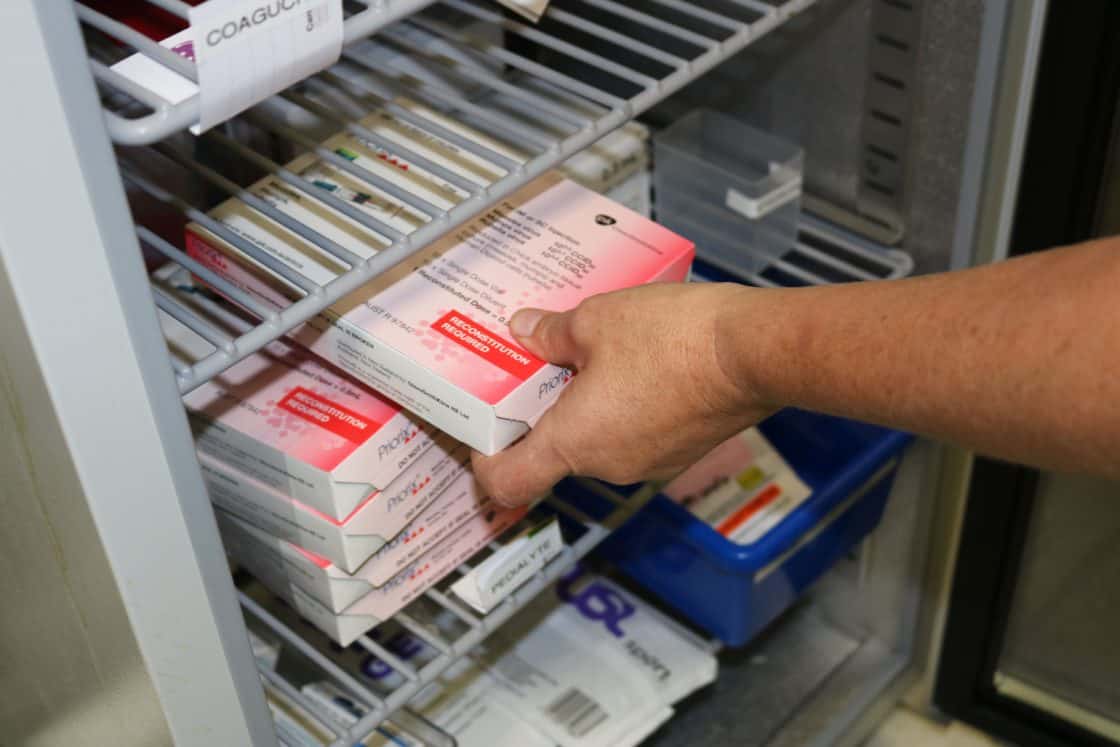Wednesday 13 March 2019Media release3 minutes to read
THIS IS AN ARCHIVED PAGE. The advice and information contained in this page may not be current and it should only be used for historical reference purposes.

General practices around Canterbury have had their vaccine supplies boosted today
Eighteen thousand doses of the MMR vaccine arrived in Canterbury this morning, and another 9,000 doses are expected to arrive tomorrow.
The Canterbury DHB is working with the Ministry of Health and PHARMAC on vaccine availability for priority groups.
Canterbury Medical Officer of Health, Dr Ramon Pink says general practice teams have already begun vaccinating those who need it most – that’s those most at risk of harm if they get measles.
“The immediate focus is children between the ages of 12 months and 13 years who have never been immunised,” says Dr Pink.
“GP teams are also focused on providing the vaccine to young adults aged 14 years to 28 years who have never been immunised.”
Dr Pink says children and young adults are our priority at this stage.
“Logistically general practice simply can’t vaccinate everyone at once. We need to take a systematic approach that targets those most in need. We’re focusing on unimmunised children and young adults first up, but over time we will expand access to more groups.”
“We know that one dose of measles vaccine including MMR protects 95% of people against developing measles.”
The number of confirmed cases of measles in Canterbury now stands at 28 and is likely to rise further over the coming days and weeks. Seven of the 28 cases have been hospitalised and of these, two have been treated in ICU.
“Measles is a highly infectious virus that can be life threatening. Complications occur in about one in three people, and for them measles can be serious, even fatal.”
“Anyone with measles needs to be isolated from the time they become ill until 5 days after the rash has appeared.”
Dr Pink has thanked the Canterbury community for their response to the outbreak.
“People are taking this issue extremely seriously. I’d like to thank the increasing number of people who are staying isolated after being potentially exposed.”
The symptoms of measles symptoms are a cough or runny nose or conjunctivitis, and a fever above 38.5 C, and a rash.
If you think you may have been exposed to measles or have symptoms, please call your general practice first, 24/7. Calls made to general practices after hours will be answered by a nurse who will advise you what to do and where to go if you need to be seen
More information about measles is available at https://www.health.govt.nz/your-health/conditions-and-treatments/diseases-and-illnesses/measles and http://www.immune.org.nz.
ENDS
Tags MeaslesOutbreakPublic health
Related topics
Public Health
Back to Health News

